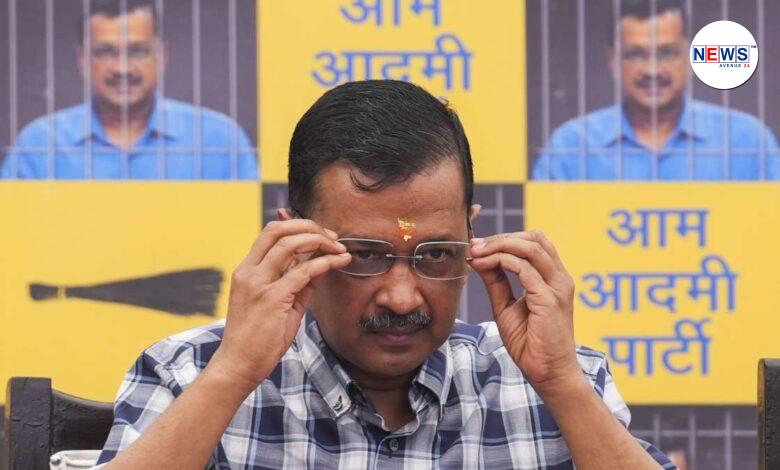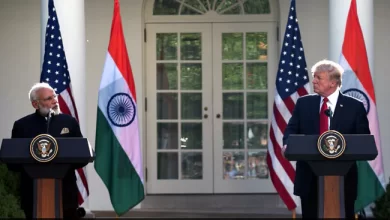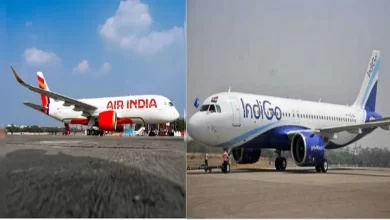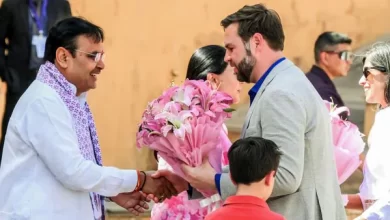
Delhi liquor policy case: Supreme Court to hear CM Arvind Kejriwal’s bail plea today
Delhi Chief Minister Arvind Kejriwal has filed a petition in the Supreme Court challenging his arrest by the CBI and seeking bail. CM Arvind Kejriwal was arrested by CBI on June 26 from Tihar Jail in connection with the Delhi liquor policy case.
Delhi liquor policy case: The Supreme Court is set to hear Chief Minister Arvind Kejriwal’s plea on August 14, challenging the Delhi High Court’s decision that upheld his arrest by the CBI in a corruption case linked to the alleged excise policy scam. The court will also address a separate plea from Kejriwal seeking bail in the same case.
A bench consisting of Justices Surya Kant and Ujjal Bhuyan will consider both of Kejriwal’s pleas. On Monday, the Supreme Court agreed to hear the matter after senior advocate Abhishek Singhvi, representing Kejriwal, requested an urgent listing.
On July 12, the Supreme Court had granted interim bail to Kejriwal in the Enforcement Directorate (ED case), but he remains in Tihar Jail. Kejriwal is in judicial custody as part of an investigation by the Central Bureau of Investigation (CBI) into the alleged corruption case.
Delhi HC upheld arrest of Delhi CM
Earlier, the Delhi High Court had on August 5 upheld his arrest as legal, saying there was no malice in the acts of the CBI which demonstrated how the AAP national convenor could influence witnesses who could muster the courage to depose only after his arrest. The high court had asked him to move the trial court for regular bail in the CBI case.
The high court had noted that the loop of evidence against the chief minister was closed after collection of relevant evidence following his arrest by the CBI and it cannot be said that it was without any justifiable reason or illegal.
It had said Kejriwal is not an ordinary citizen but a distinguished recipient of the Magsaysay Award and the convenor of the Aam Aadmi Party. “The control and the influence which he has on the witnesses is prima facie borne out from the fact that these witnesses could muster the courage to be a witness only after the arrest of the petitioner, as highlighted by the special prosecutor.
“Also, it establishes that the loop of evidence against the petitioner got closed after the collection of relevant evidence after his arrest. No malice whatsoever can be gathered from the acts of the respondent (CBI),” the high court had said.
The high court had dismissed Kejriwal’s plea challenging his arrest, saying it was only after sufficient evidence was collected and sanction was obtained in April 2024 that the agency proceeded with further probe against him.
Delhi Excise policy case
Kejriwal was arrested by the CBI on June 26 from Tihar Jail, where he is still lodged in judicial custody in a connected money laundering case filed by the ED. The chief minister, who was arrested by the ED on March 21, was granted bail by the trial court in the money laundering case on June 20. However, the trial court’s order was stayed by the high court. On July 12, the Supreme Court granted interim bail to Kejriwal in the money laundering case.
The matter relates to alleged corruption and money laundering in the formulation and execution of the Delhi government’s now-scrapped excise policy for 2021-22. It is alleged that the Delhi government’s excise policy for 2021-22 to grant licences to liquor traders allowed cartelisation and favoured certain dealers who had allegedly paid bribes for it, a charge repeatedly refuted by the AAP. The policy was subsequently scrapped and Delhi Lt Governor VK Saxena recommended a Central Bureau of Investigation probe, following which the ED registered a case under the Prevention of Money Laundering Act (PMLA).
According to the CBI and the ED, irregularities were committed while modifying the excise policy and undue favours were extended to licence holders.
News Source:- INDIA TV





